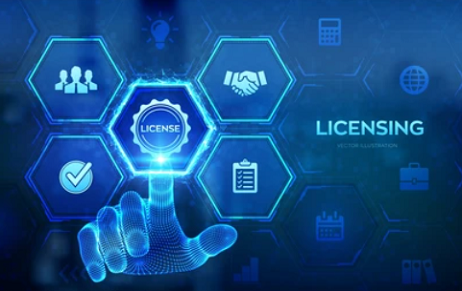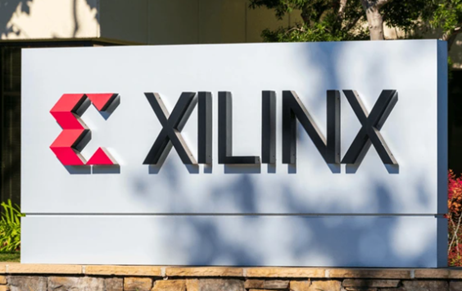Xilinx is a leading technology company focused on innovation and creating and monetizing its Intellectual…
Global Patent Licensing
Introduction
Global licensing of patents has become a major aggregator in pushing growth of technology and industries in the world at large. The intellectual property sector is booming and one major reason is people having realised the importance of owning an intellectual property, in this case, Patents and their commercial usage. Many have already reaped large benefits from simply licensing their patent to another company for

Licensing of Patents refers to allowing use of a Patent in the market by another for a pre-decided payment called royalty. Basically, the Licensor agrees to allow the Licensee to use, sell, and distribute the patent in the market in return of which he shall get royalty payment as per the decided terms of the agreement.
The advantages of licensing of Patents at the international level are highlighted below-
- Access to Innovation –
Access to patents has led companies to ensure cutting edge technologies reach the market, which has led to customer growth.
- Market Expansion – Due to sharing of patents many companies have reduced expenditure on research and development by directly investing in Patents and used it to make products and breakthrough in the market and even in a new country.
- Collaboration – Global patent licensing not only promotes cooperation between technology developers and users, but it also acts as a stimulant for the development of cutting-edge ideas and innovations that cross borders. This interdependence fosters cross-sector innovation, resulting in game-changing goods and services that advance society as a whole.
- Risk Mitigation – Licensing leads to diversifying revenue streams by emerging into new markets with a variety of products. It also leads to reduced market fluctuations and sharing the burden of research and development.
The advantages are many yet the practice of granting licences for patents across international borders, presents one with many challenges, a few of them have been highlighted below –
Legal Issues : Every nation has its own patent laws and regulations, licensing of patents requires compliance with these, making it crucial to understand and ensure all procedures established by the laws of that country are complied with. Moreover, intellectual property laws differ with each country and compliance.
Cultural and Business Norms : Negotiating licensing agreements across borders necessitates an understanding of cultural nuances and business practices. Every country has its own culture and understanding customer needs in such nations is of utmost importance to establish a hold in their market.
Standard-Essential Patents (SEPs): Fair, reasonable, and non-discriminatory terms must be followed when licensing Standard essential Patents, which are essential for industry standards. Licencing arrangements may have tax repercussions, and transfer pricing rules should also be taken into account. The importance of SEP’s was upheld in the landmark case of Ericson Vs. Samsung.
Ther one landmark global patent dispute which entails two technological giants, both having extensive patent portfolios, namely, Apple and Nokia wherein both sides accused each other of technological infringement, the dispute prevailed majorly in Europe, United States and Asia. The legal war went on for a few years with both giants defending their IP. In 2017, they decided to go for a settlement which granted Apple access to Nokia’s intellectual property in exchange for a decided amount of royalty and some other considerations. This agreement was renewed in July 2023 and boasts inclusivity of the new 5G technology; this new agreement is said to be coming into effect from January 2024. Nokia boasts of investing $153 billion in research and development in the past two decades, and encompasses at least 20,000 patent families, including over 5,500 patent families declared essential to the 5G technology. Apple is majorly benefiting from this deal in all areas and is a magnanimous example of the success of global licensing of Patents.
Conclusion
The Apple-Nokia case highlights the importance of strategic considerations, decision making and economic benefits one can reap just by licensing patents. It showcases that the world is ready and encouraged to dive deep into the major advantages a patent licensing landscape promises only if one is ready to take the leap.
Author: Abhiruchi Lakras, A Student at Government Law College, Nagpur, in case of any queries please contact/write back to us via email to chhavi@khuranaandkhurana.com or at IIPRD.



